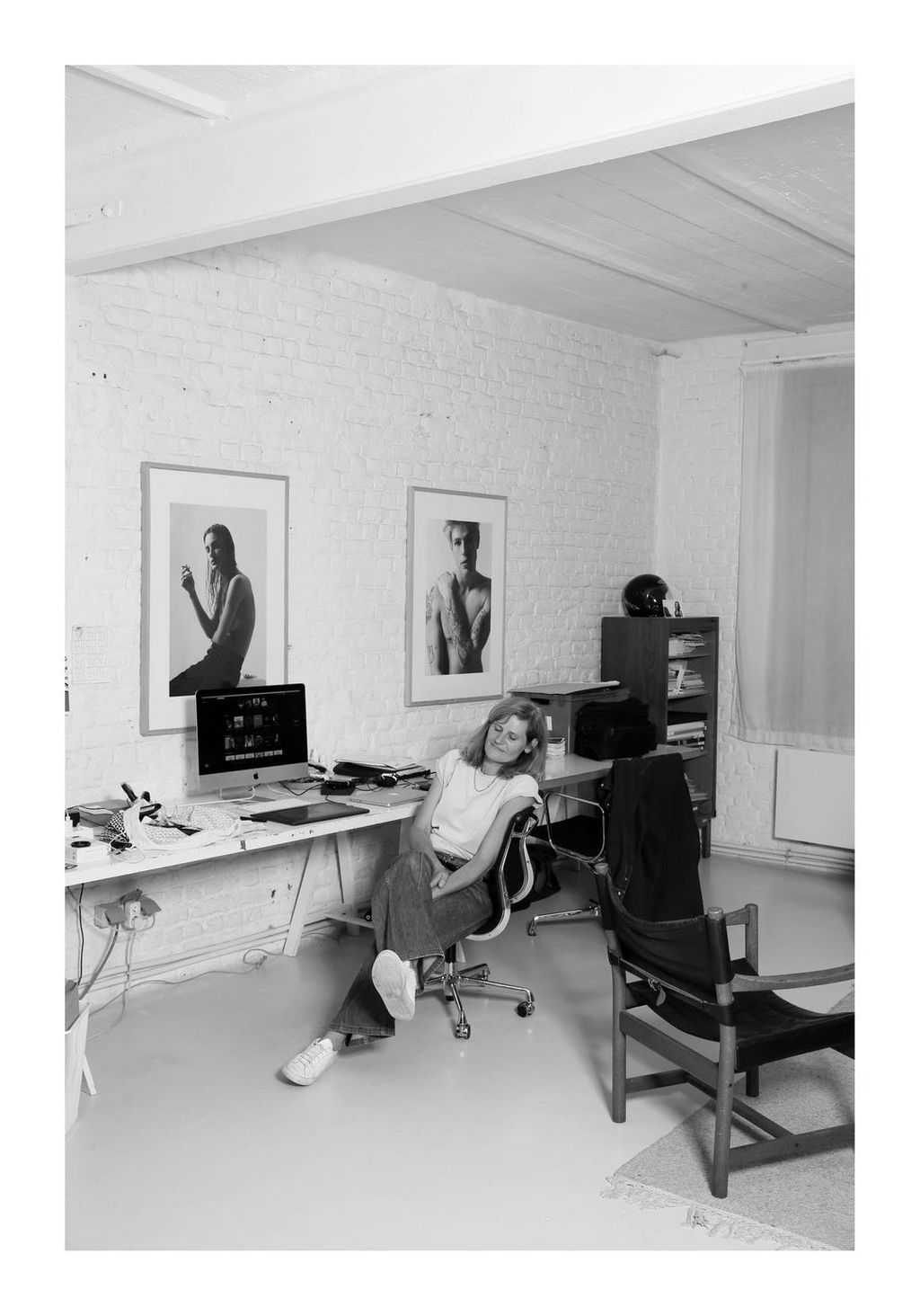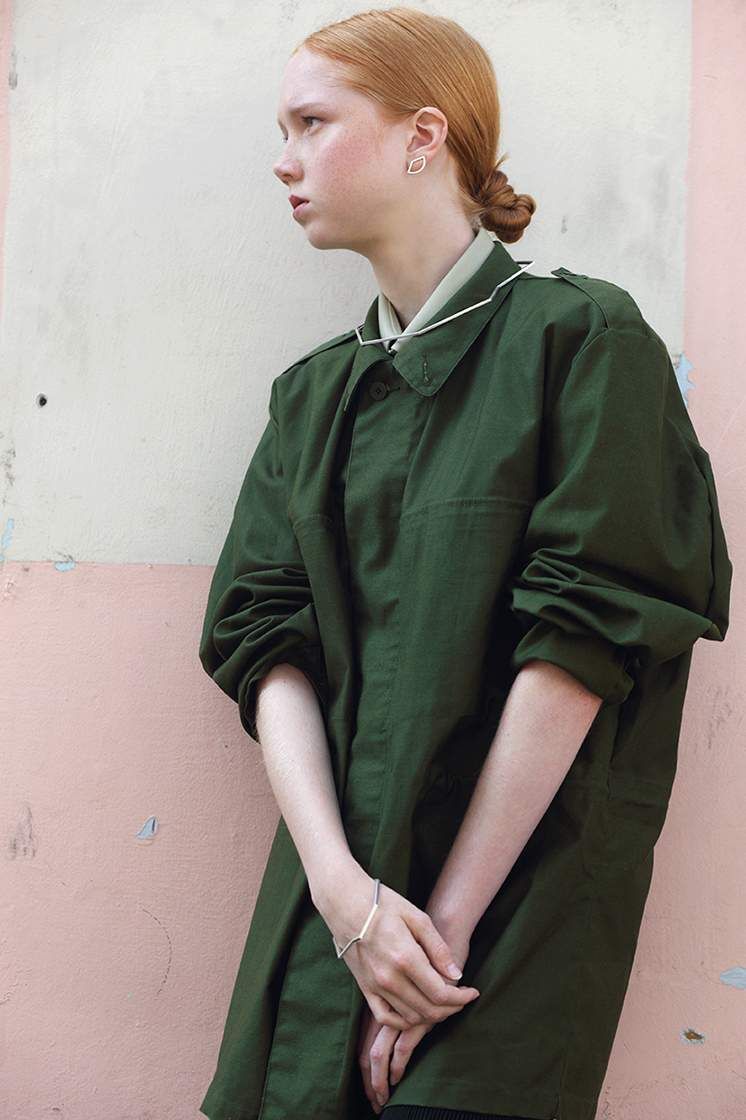
In a world where countless images are consumed on a daily basis, whether it be on our phones, computer or television screens, fashion photography tends to shout more than it whispers, looking for instant impact as opposed to lasting impressions. Images lose some of their subtlety to become obvious and easily readable.
Resisting such simplifications is something Brussels-based photographer Merel Hart is clearly aware of. Her fashion images, which often depict models in a documentary style manner, are more about shared moments than pure seduction. Hart’s soft and honest touch has made her popular amongst young brands, and she has worked for the likes of Façon Jacmin and NO/AN, shooting their look books or seasonal campaigns.
We sat down with the self-taught photographer to talk about her relationship with models, how she perceives her own style, and why her childhood memories always connected to fashion.
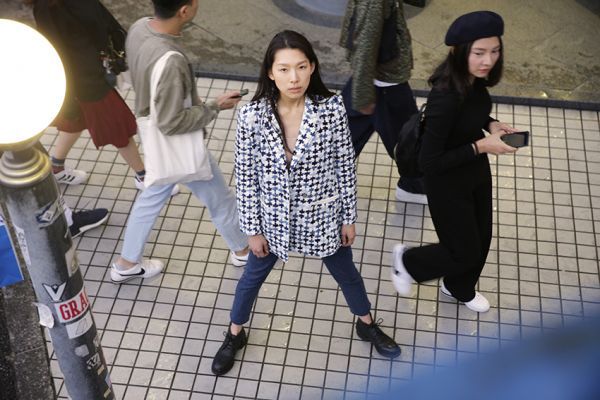
Was photography an obvious career choice for you?
Not at all. I was a pretty good student and ended up going to University in Paris where I did Political and American studies. I graduated and pursued my studies to get a postgraduate diploma in the US. As I had some free time there, and could register for any classes I wanted, I decided to pick History of Art.
Was that a creative trigger for you?
After seeing several exhibitions and really getting into the work of some of my favorite artists, I realized that an academic career was not going to fulfill me as an individual. When I left the US, I chose not to go back to Paris, but moved to Brussels instead, because I wanted to change careers.
When was that?
That was 20 years ago.
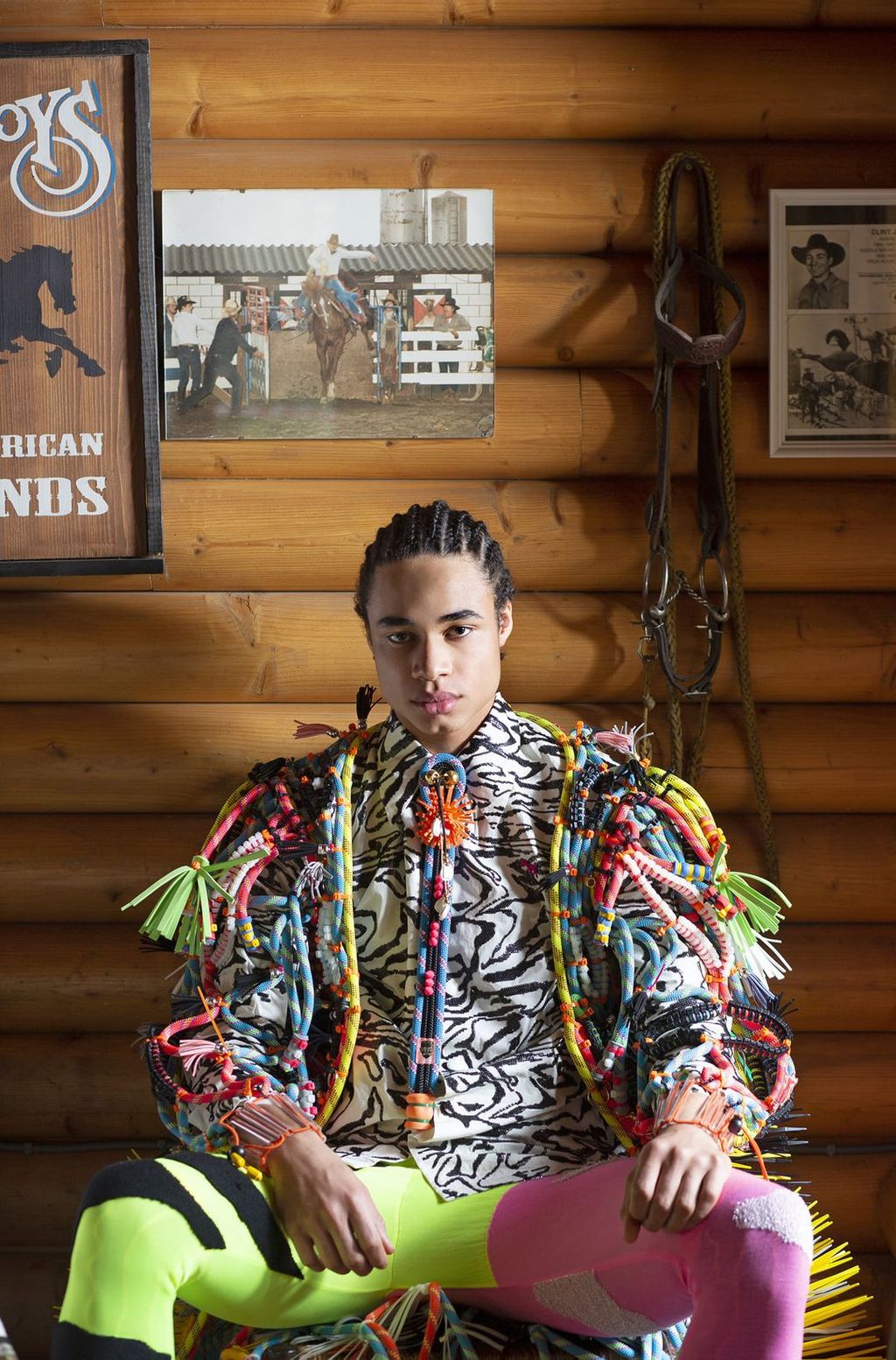
Are your parents Belgian?
No, they are Dutch, and I was born in France.
Were your parents creative in any way?
My mother used to draw and paint a lot as a child, which must have influenced me. My father used to photograph often, too. When I moved to Belgium, I started photography evening classes, because I was working as a translator during the day. I’m basically self-taught and learned the technique throughout the years. When I found my confidence as a photographer, it all went pretty fast.
How did you end up doing fashion photography?
I was always into fashion, to be honest. There were a lot of fashion images I found weak at the time, precisely because I had a technical background. I guess fashion appealed to me as a teenager, due to the fact that I wanted to feel unique and not dress like everyone else. It was a way for myself to assert my identity. I remember going to Amsterdam with my sister and we shopped there together, hunting down that great piece in the city’s vintage stores. And my mother read Marie Claire, which I guess was my formal introduction to magazines.
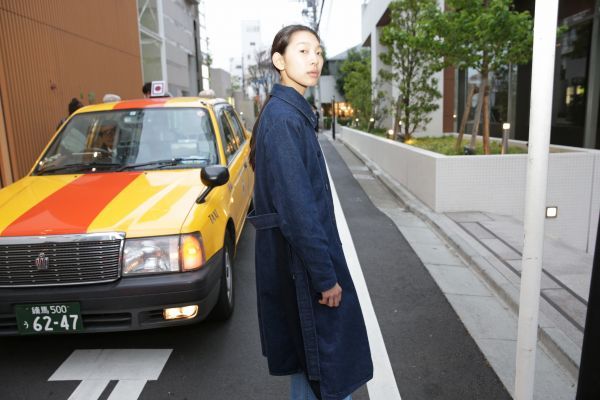
There were great photographers working there at the time: Roversi,Issermann, Lindbergh, and many others. Did the magazine have a strong impact on you?
It’s funny, because I don’t think I was fully aware of who they were, but I used to cut up the pages and draw the pictures on separate sheets of paper. I was only interested in fashion editorials, and impressed by what photographers could create with one single model. I remember being quite obsessed with the traditional codes of femininity back then: high heels, small waists and graceful necks. My mother dressed up often.
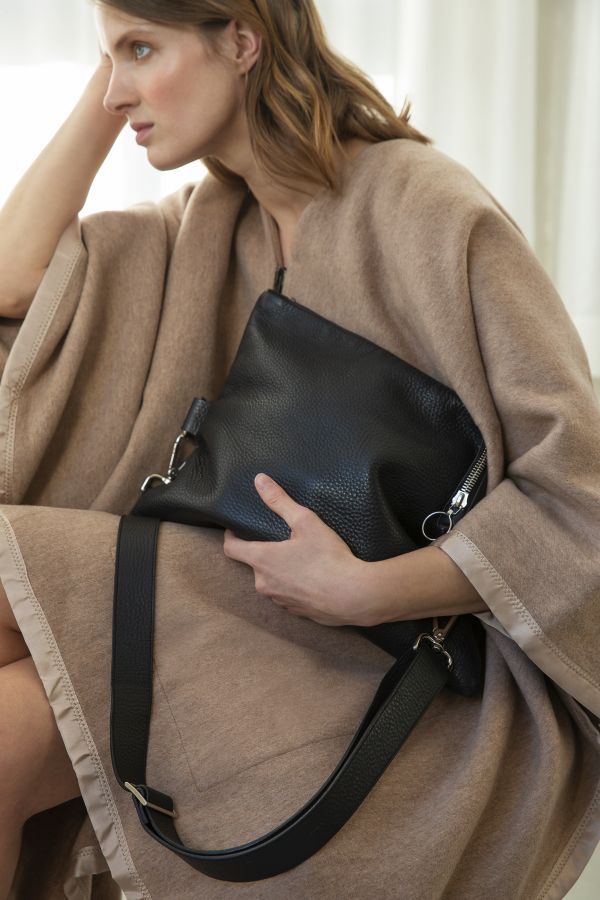
Did that influence you?
Definitely. My mother didn’t allow me to enter her bedroom, but I often disobeyed. She had over-the-knee boots, gorgeous long skirts and fur coats in her closet. It was a glamorous and feminine world, which I was somehow prevented from experiencing.
Was it intimidating or attractive?
That’s a good question. I guess it was quite seductive, and still is to this day. I think I would have liked to become that character, but it wasn’t possible at the time. I would see this femininity, but could not explore it.
That’s interesting, because the women you photograph are often androgynous.
I see myself as a bit of a tomboy, I guess.
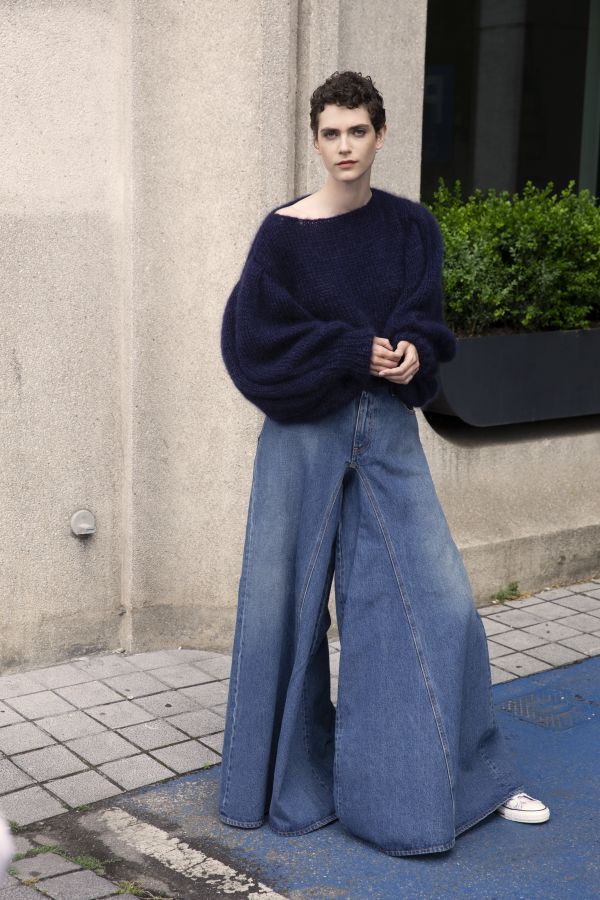
The models in your pictures are not intimidating at all. In fact, they feel accessible to the viewer, and there’s a kind of intimacy there.
It’s nice you noticed that, because that’s precisely what I want to achieve. I’m not interested in making someone feel uncomfortable to get the image either. Photography allows me to create an intimate rapport with my models, much quicker than it would in normal circumstances.
How would you define your own style?
I spend a lot of time thinking about unusual compositions, but I don’t like images that are too constructed. What matters is that you feel an emotion there. In a way, the image needs to be able to justify itself. It needs to have a reason to exist.
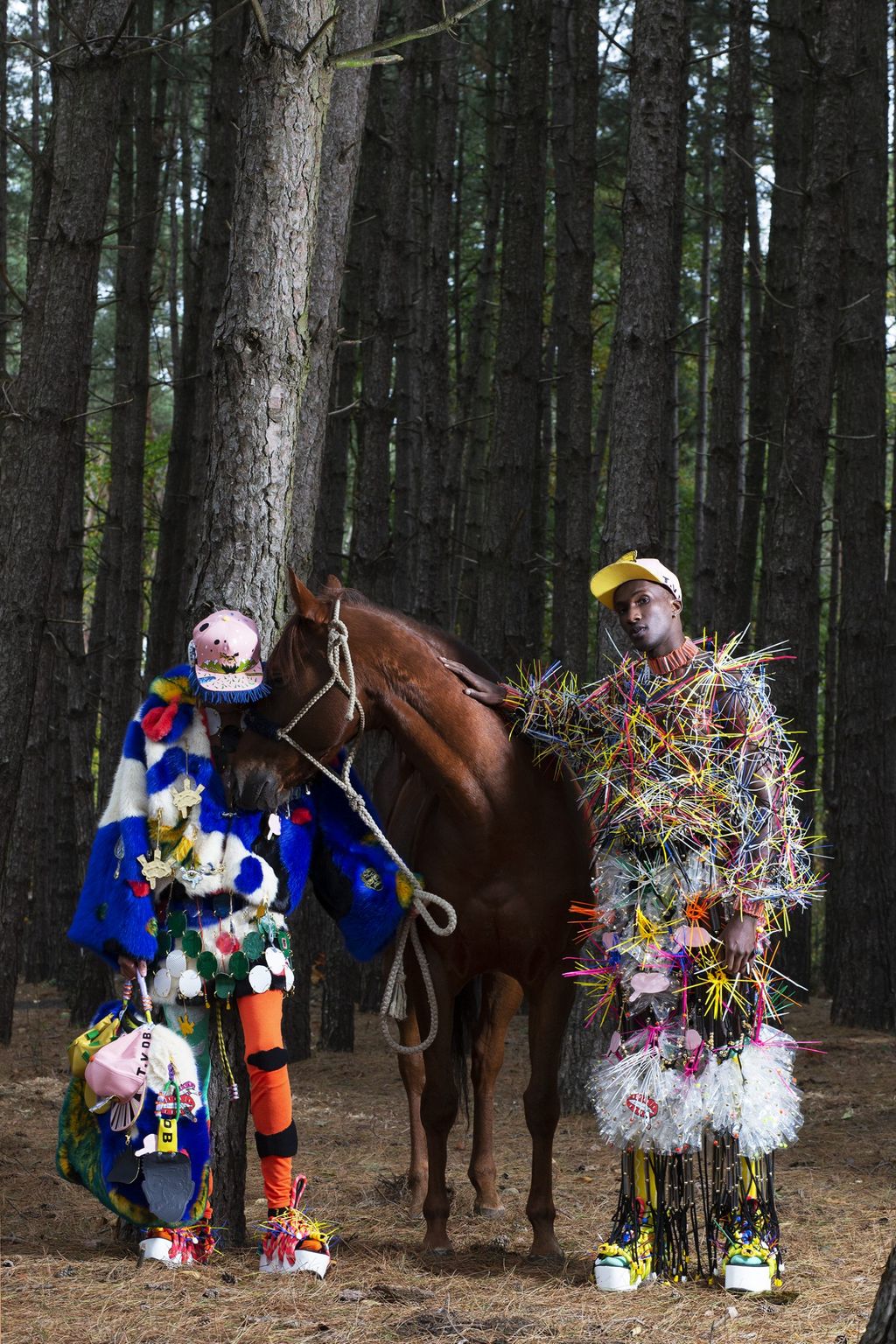
Do you experiment a lot during shoots?
I’m both voyeur and instigator. There are elements you cannot control during a shoot, and I’m always open to what’s going on despite the idea I have in mind, which includes models, location and clothes.
How do you make models feel comfortable in front of the camera?
I’m probably more uncomfortable than they are… (laughter) There is no pressure for me on-set, because it’s not about instant seduction.
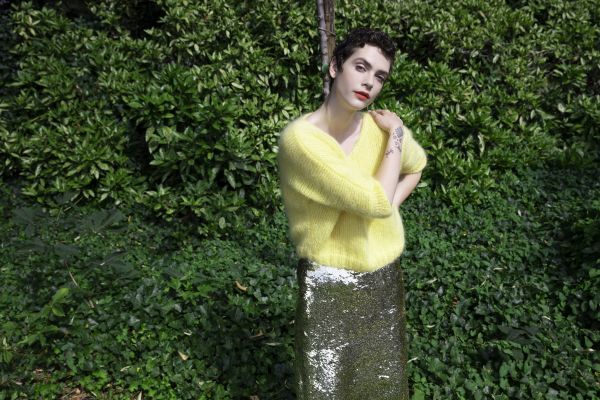
Why do you like working with young designers?
It’s exciting to be part of their world and help them grow their image and identity. It’s often a challenge because you have to work within specific constraints, but I find it rewarding creatively. I also feel that the designers can benefit from my eye and experience. I guess my images celebrate their own style, too, and it’s joyful when people see this. It encourages them to continue and develop themselves further.
Why are Belgian designers so creative?
Fashion schools are amazing here, and students have great designers to live up to. That sets the bar pretty high, which explains why some graduate collections are so incredible.
